
Do Grazing Muzzles Stress Out Horses?
One study presented at the 2019 Equine Science Society Symposium found the answer. Also learn about how vibration plates really affect horses, if GPS accurately measures horse speed, and more.


One study presented at the 2019 Equine Science Society Symposium found the answer. Also learn about how vibration plates really affect horses, if GPS accurately measures horse speed, and more.

Read about research into increasing the time horses spend eating (a good thing) without feeding them too much (a bad thing), along with more take-homes from the 2019 Equine Science Society Symposium.
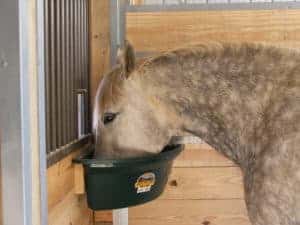
What flavors do they like? Find the answer and read other nutrition tidbits from the 2019 Equine Science Society Symposium.
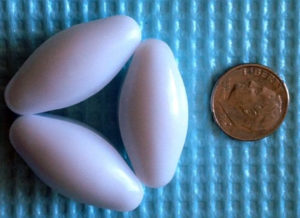
Researchers successfully tested a drug- and hormone-free approach for suppressing estrus in mares they say is safe, easy, and doesn’t affect future fertility.

Surgeon Dr. Anthony Blikslager shares his perspective on preventing horse colic.

A recent study showed that controlled manual removal of retained fetal membranes in mares had a relatively low risk for both normal foaling and high-risk mares. But this technique isn’t without complications.

The main goals when treating metritis (inflammation of the uterine wall) in mares are to control bacterial growth, evacuate uterine contents, and prevent complications. Here’s how vets accomplish these goals.
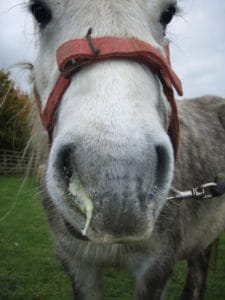
Researchers found that while any of the three tested qPCR diagnostic approaches can be effective in diagnosing true strangles cases, one stood out.
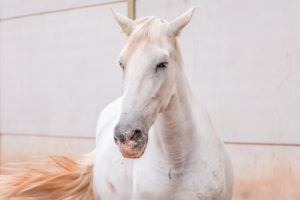
Equine coronavirus’ main signs are subtle and nonspecific—anorexia, lethargy, and fever. And while it doesn’t consistently cause gastrointestinal signs such as colic or diarrhea, researchers have learned that affected horses’ feces are the most reliable sample to test.

Address the entire horse, not just the injury, when bringing a patient back to work, veterinarians say.
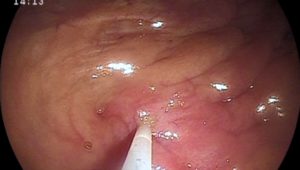
Uterine tube obstruction, though rare, can cause subfertility in mares. While veterinarians have several methods for treating this issue, it’s been unclear how they affect a mare’s future fertility. So researchers recently conducted a study to find out.

When a horse spikes a fever without the nasal discharge and other respiratory signs you’d expect to see with an infectious disease, the potential causes could be vast. In some parts of the country, a tick-borne disease could be a culprit.

Some horses with neuromuscular disease could have a protozoan parasite Sarcocystis fayeri in their skeletal muscles, researchers learned.

Researchers say this might be a bigger source of environmental contamination than previously thought.
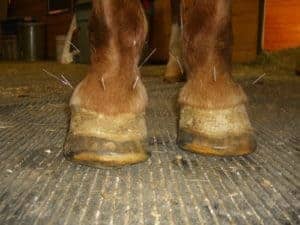
Laminitis can be challenging to treat, but using acupuncture in conjunction with traditional therapies might improve results, one study found. Here’s how.
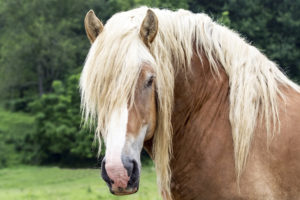
Belgian horses with two copies of the DDB2 genetic variant are four times more likely to develop ocular squamous cell carcinoma (SCC) than those with one or no copies, researchers found.
Stay on top of the most recent Horse Health news with